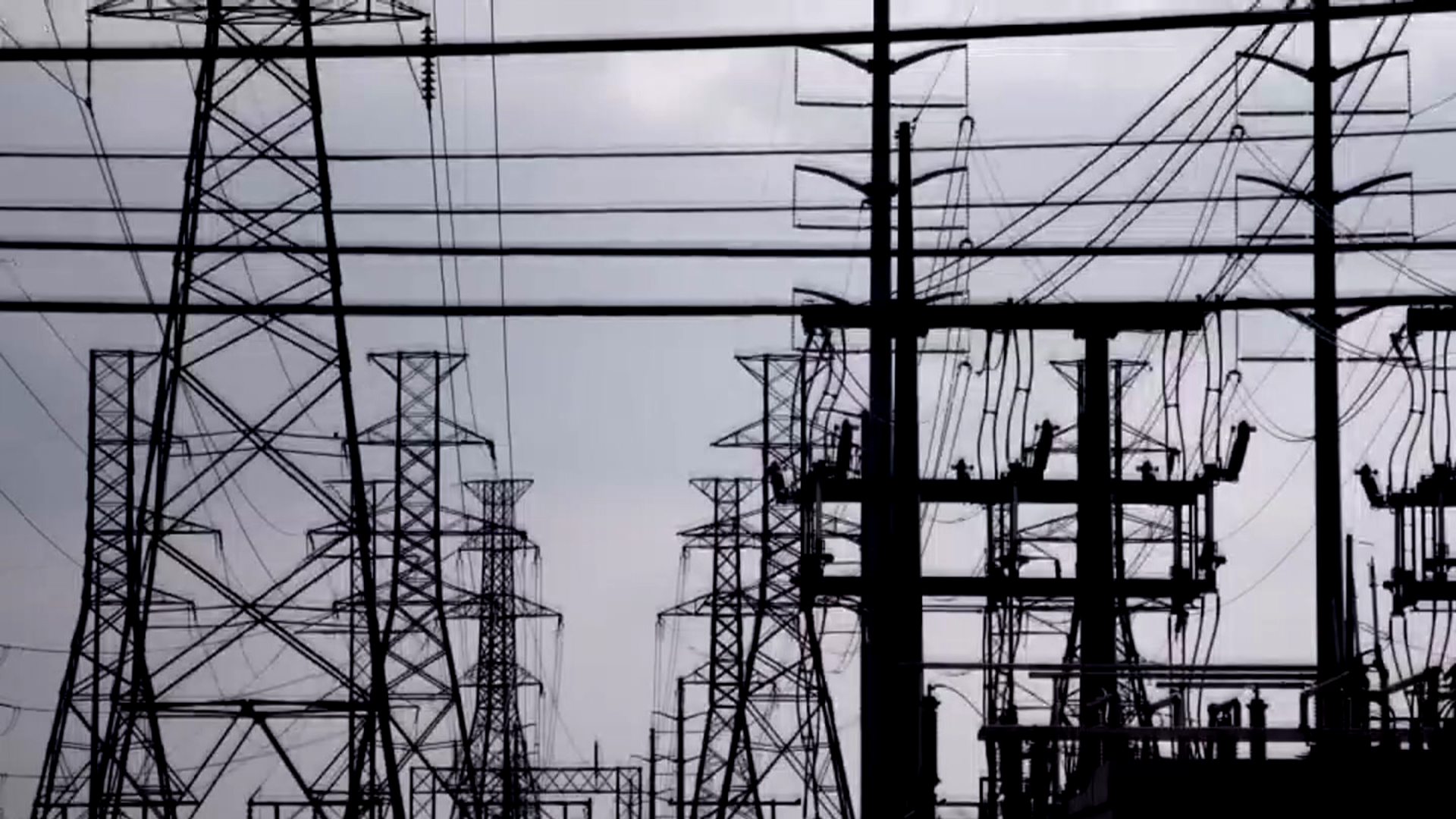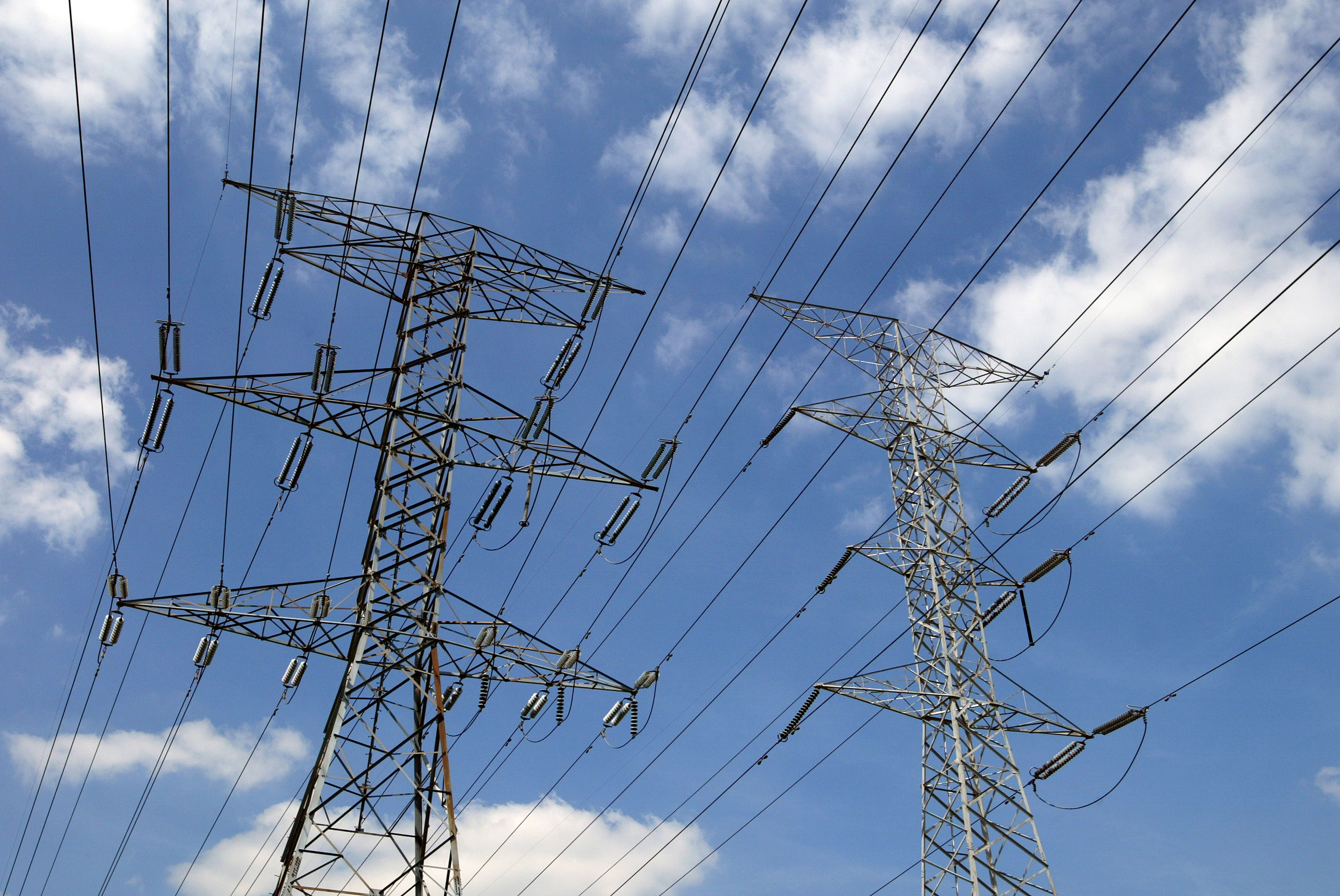Mainers voiced their disapproval Tuesday for a 145-mile conduit for Canadian hydropower that was billed as either a bold step in battling climate change or unnecessary destruction of woodlands.
Utilities have poured more than $90 million into the battle over the $1 billion project ahead of the referendum on Tuesday, making it the most expensive referendum in Maine history.
However, the statewide vote won’t be the final word. Litigation over the project will continue long after the votes are counted.
Sandi Howard, director of the of No CMP Corridor, called on Central Maine Power to respect the people’s will and to halt the project.
Get New England news, weather forecasts and entertainment stories to your inbox. Sign up for NECN newsletters.
“The vote sends a message to CMP that Mainers want to reject this corridor. They want to preserve the integrity of western Maine,” she said. “Mainers clearly don’t trust CMP to develop a project of this magnitude.”
Clean Energy Matters, which supports the project, vowed to continue the effort to move forward with the project.
“We believe this referendum, funded by fossil fuel interests, is unconstitutional. With over 400 Maine jobs and our ability to meet our climate goals on the line, this fight will continue,” Jon Breed, executive director, said in a statement.
Funded by Massachusetts ratepayers, the New England Clean Energy Connect would supply up to 1,200 megawatts of Canadian hydropower to the New England power grid. That’s enough electricity for 1 million homes.
More News on the Hydropower Project
Supporters said the project would remove carbon from the atmosphere and stabilize electricity rates across the entire region while helping Massachusetts reach its clean energy goals.
Critics contended the environmental benefits are overstated, and that it would forever change the forestland.
Some Mainers were frustrated that the referendum took place at all, saying it was bad public policy to retroactively vote down a project that already was approved by multiple state and federal agencies.
Three-quarters of trees already have been removed for the project, which calls for a transmission line that mostly follows existing utility corridors. But a new section needed to be cut through 53 miles (85 kilometers) of woods to reach the Canadian border.
The project divided the environmental community and made for strange political bedfellows, with some owners of fossil fuel-powered plants aligning themselves with environmental opponents.
The parties were also divided, with some Republicans and Democrats opposing it, while current Democratic Gov. Janet Mills and former Republican Gov. Paul LePage both supported the project.
Wednesday afternoon, Avangrid, the parent company of both New England Clean Energy Connect and Central Maine Power, announced it had filed a lawsuit in Maine Superior Court to challenge the referendum results, saying the "initiative is unconstitutional and violates both state and federal law."
"We have followed the rules every step of the way in a transparent and public process and have received every regulatory approval required for this project to proceed, however, fossil fuel companies have done everything they can, including misleading Mainers, to try and block this clean energy project," said Thorn Dickinson, the president and CEO of New England Clean Energy Connect.
"This referendum was an act of bad faith by self-interested proponents and was targeted at stopping a single project," the statement added.
Mills also weighed in on the result of the corridor referendum Wednesday afternoon, referring to a number of Mainers' dissatisfaction with Central Maine Power, which was a motivator for some people who voted against the project.
In an emailed statement, she said:
I hear Maine people’s concern about CMP’s management and service. It’s a concern that I share and that my Administration, along with the Maine Public Utilities Commission, will continue to address because Maine people deserve safe and reliable electric service at just and reasonable rates.
My concern continues to be, as it has been all along, that if the New England Clean Energy Connect is not built, consistent with the strict environmental conditions of the DEP permit, then Maine will lose a significant opportunity to advance the clean energy goals that are vital to combating climate change. With last night’s vote and with litigation expected on both sides of the question, I hope that the courts, as an independent arbiter, will act in a timely manner to provide clarity and resolve the matter so that we can put this controversy to rest, one way or the other.
In the meantime, my Administration will continue to pursue all opportunities to advance clean energy infrastructure in Maine to lower the cost of energy, reduce our reliance on out-of-state fossil fuels, protect our environment, and strengthen our economy.
NECN and NBC10 Boston's Dustin Wlodkowski contributed to this story.



